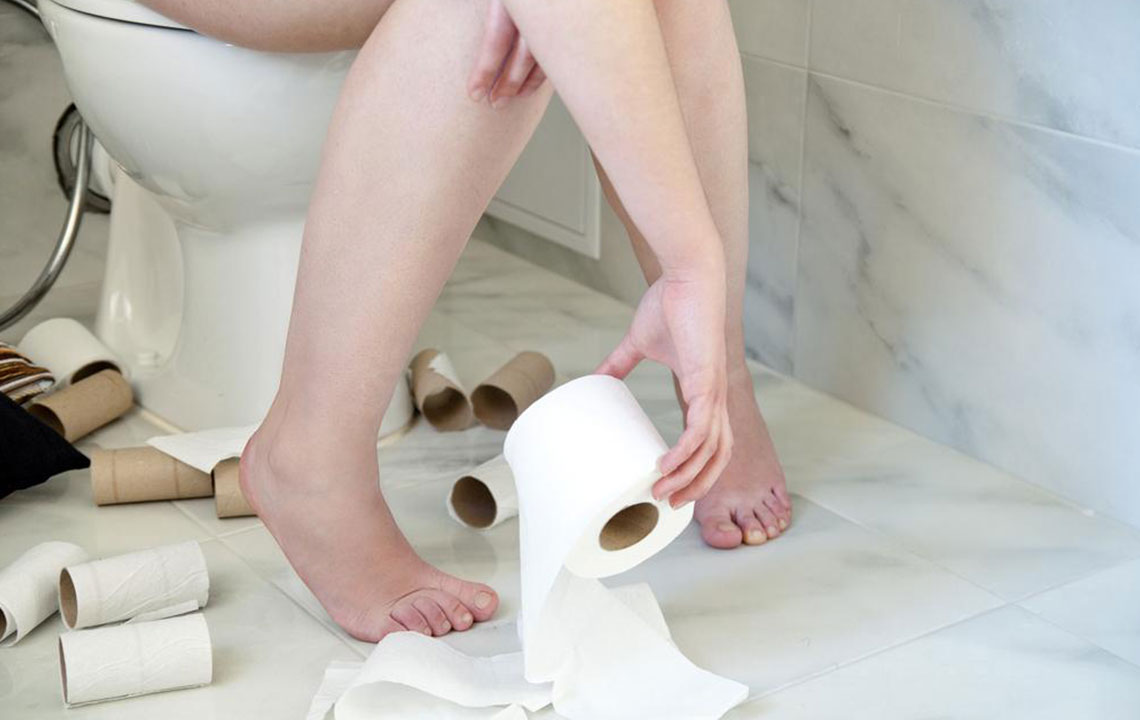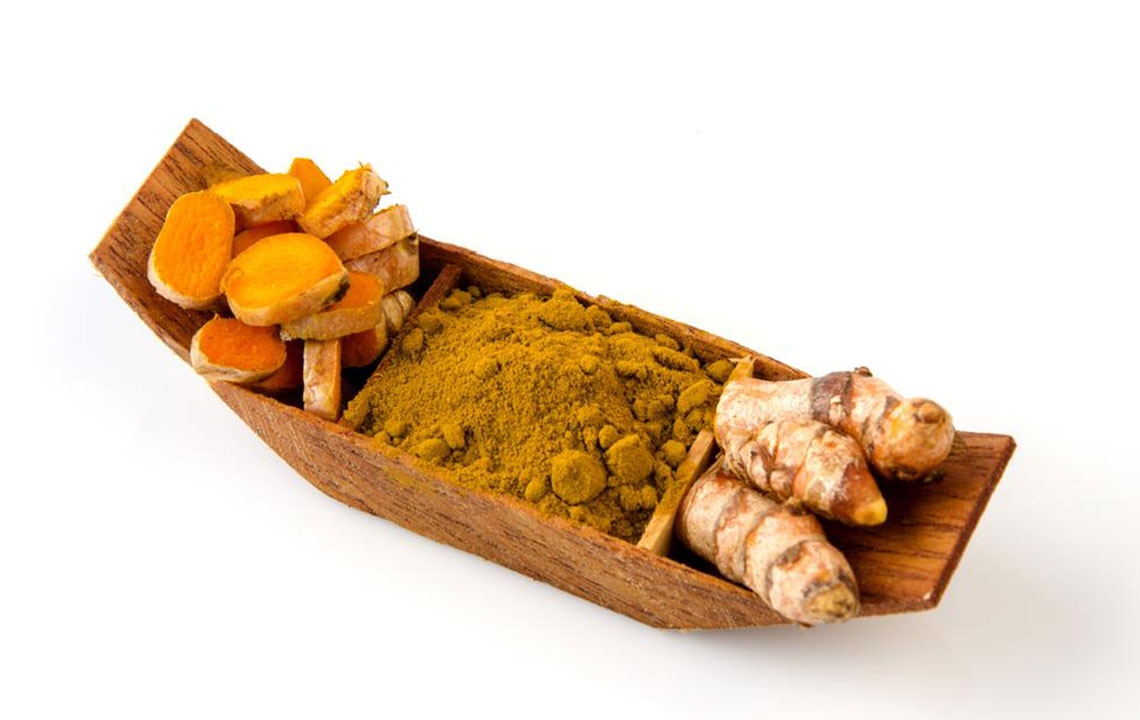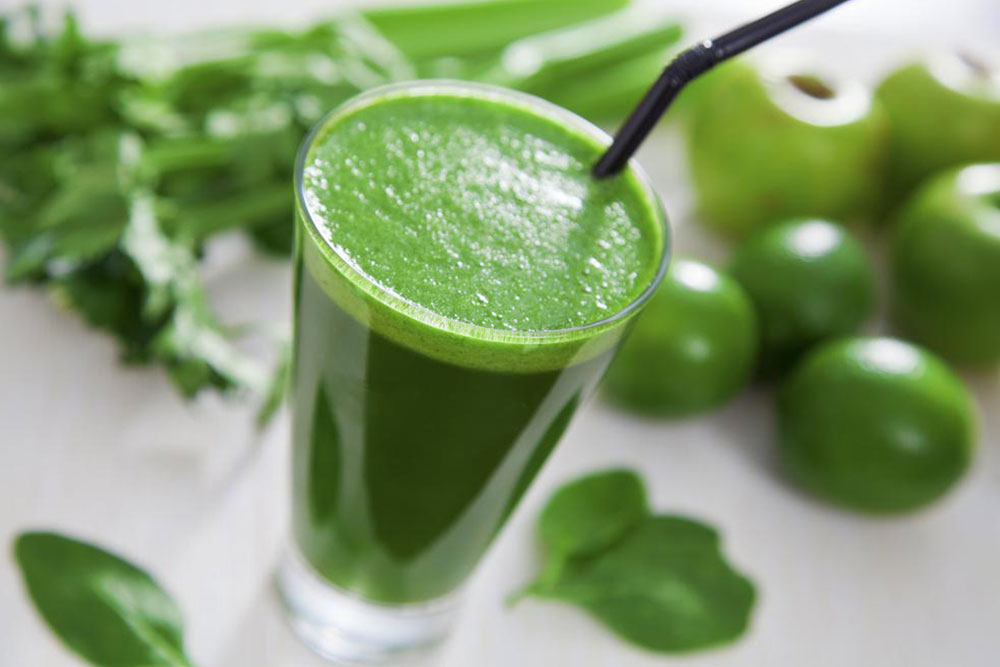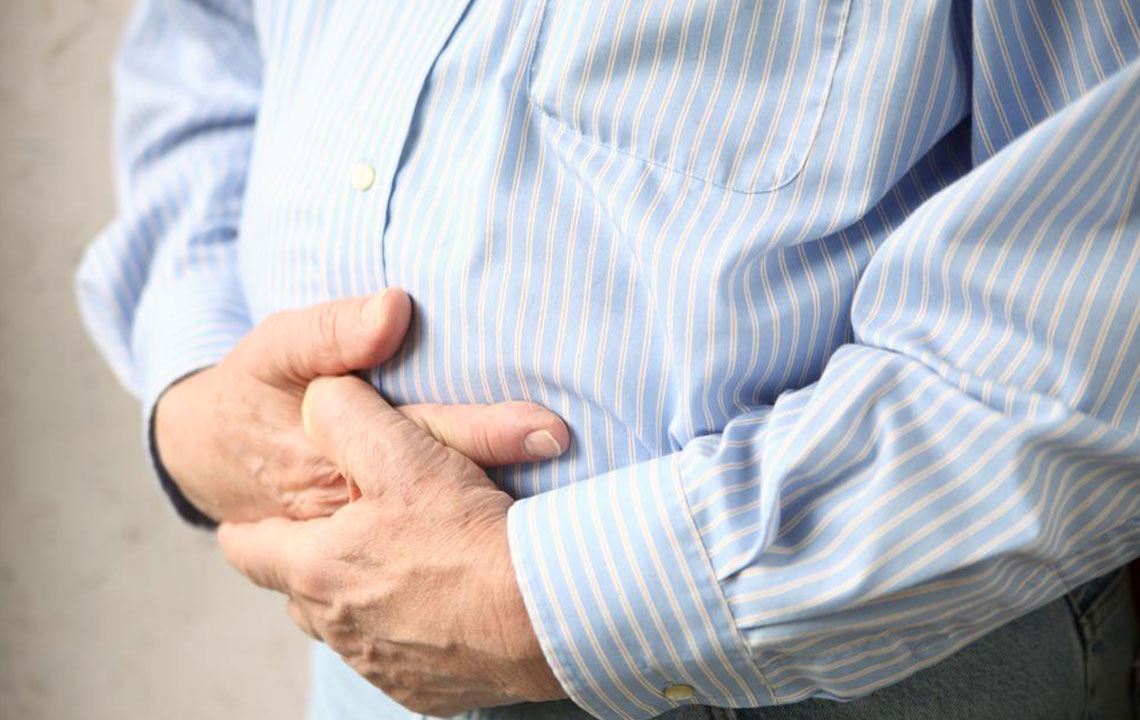Top 11 Causes of Constipation and How to Address Them
Explore the top causes of constipation, including diet, lifestyle, medication effects, and health conditions. Learn effective preventive measures and when to seek medical help for persistent issues. Maintaining a fiber-rich diet, staying hydrated, and managing physical activity are key strategies to avoid constipation and promote digestive health.
Sponsored
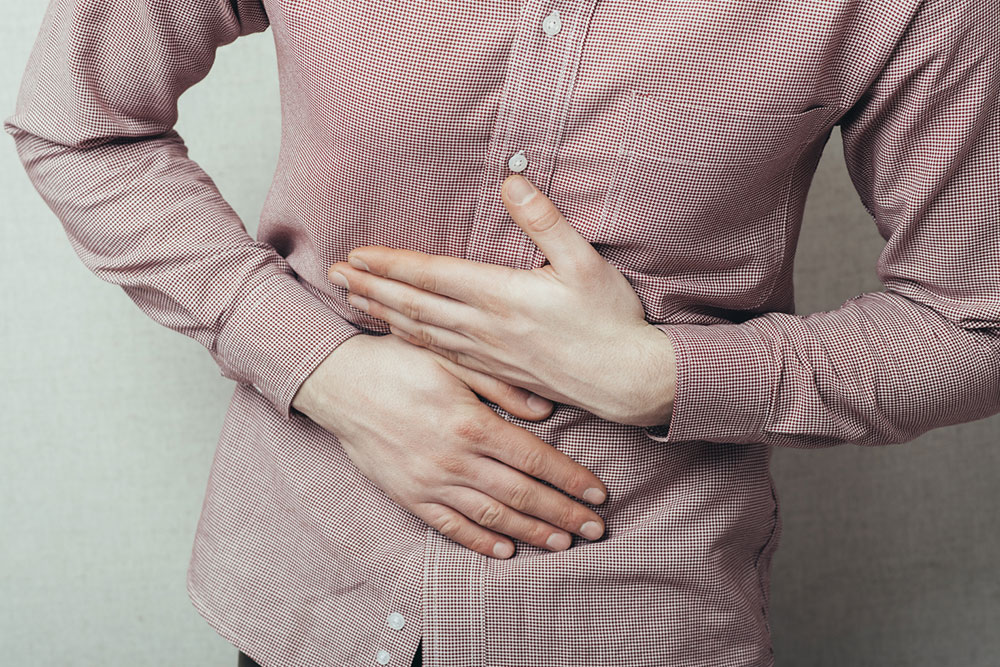
Constipation can stem from various health conditions and lifestyle habits. Identifying the root cause with medical advice is essential before starting any treatment plan.
Common causes of constipation
A key factor is the colon’s excessive water absorption, which can slow stool transit. Weak or sluggish colonic muscles may also contribute to infrequent bowel movements and dehydration. Here are other common triggers:
Lack of Dietary Fiber
Consuming enough fruits, whole grains, and vegetables helps maintain regularity. Diets low in fiber, such as those high in dairy, meat, and eggs, increase constipation risk.
Fiber-rich foods promote healthy bowel movements. To prevent constipation, consider dietary adjustments and avoid low-fiber foods. Lack of physical activity, especially in older adults or those bedridden, significantly increases susceptibility.
Medication Side Effects
Several drugs can cause constipation, including opioids like codeine and oxycodone, antidepressants such as amitriptyline, and certain anticonvulsants. Calcium channel blockers, antacids with aluminum, and diuretics may also contribute.
Dairy Products
Dairy consumption, including milk, might lead to bowel movement difficulties in some individuals.
Age-Related Changes
As people age, metabolic processes slow down, and intestinal muscles weaken, raising the likelihood of constipation.
Travel Disruptions
Traveling often alters routines, meal times, and sleep patterns, which can disrupt bowel habits, leading to constipation.
Laxative Abuse
Relying heavily on laxatives can impair natural bowel function, creating dependency and worsening constipation when doses are missed.
Ignoring the Urge
Suppressing the natural urge to defecate can cause stool to dry out, making passage difficult and increasing constipation risk.
Inadequate Hydration
Drinking sufficient water helps prevent stool from becoming hard. Dehydration due to caffeine, alcohol, or excessive sodas can exacerbate constipation.
Obstructions and Structural Issues
Tumors, strictures, diverticulosis, or congenital conditions like Hirschsprung disease narrow the colon or rectum, blocking stool passage.
Underlying Medical Conditions
Diseases such as neurological disorders (e.g., Parkinson’s, MS), metabolic issues like diabetes, or autoimmune conditions (e.g., lupus) can impair bowel movements. Additionally, treatments like chemotherapy may also cause constipation.


